Hello! I'm Bruno.
I am a Data Analyst at The Information Lab in Hamburg, where I help organizations turn complex data into actionable insights using Tableau, Snowflake, Alteryx, Power BI, R and Python.
My approach to data is rooted in my background as a civil servant at the Federal Senate of Brazil, my Master’s in Public Policy from the Hertie School and my experience helping companies at The Information Lab. I don’t just build dashboards; I focus on evidence-based decision-making and the real-world impact of data.
I am fluent in English, Portuguese, and German (C1). Outside of work, I run Coding the Past a blog dedicated to bridging the gap between data science and the humanities.
Projects
-
A/B Testing in Tableau: Safe, Native, and Statistically Rigorous
A native Tableau dashboard for A/B testing that calculates statistical significance and required sample size without external scripts. This tool helps businesses make data-driven decisions by avoiding common pitfalls like 'peeking' and ensures reliable results through rigorous statistical methods.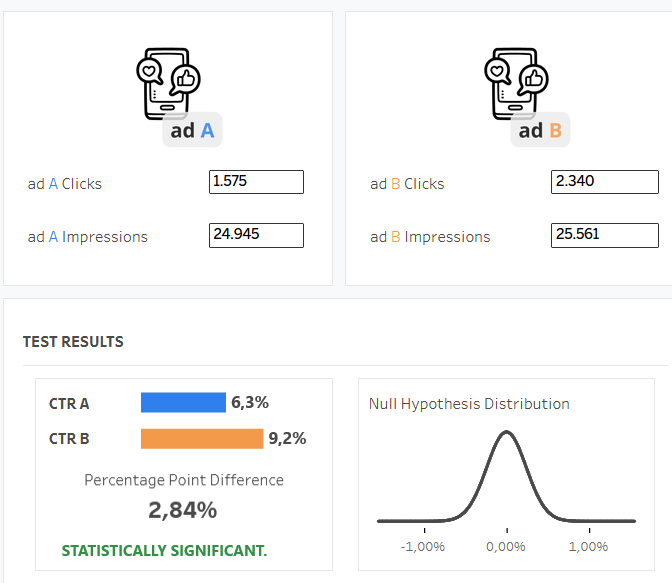
-
Power BI Dashboard for State Government of Goiás
A decision-support tool for Brazilian legislators to visualize socioeconomic disparities. It aggregates data on health, education, and social assistance to pinpoint municipalities requiring urgent investment and optimize resource distribution.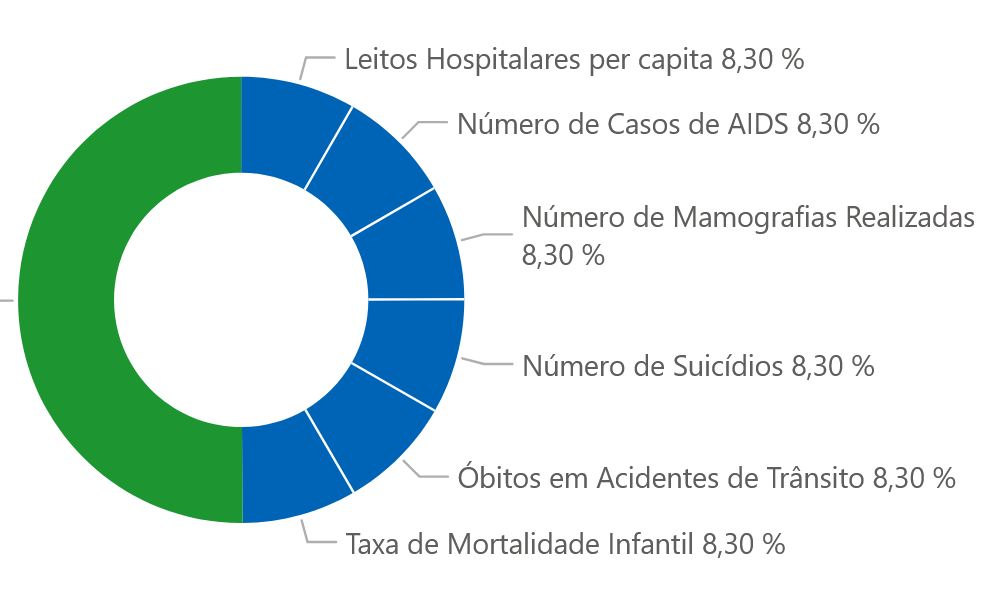
-
Exploring Art With Tableau
A dashboard created in Tableau to explore how prominent artists used the golden ratio in their paintings. The dashboards demonstrates the power of Tableau to create effective and beautiful visualizations.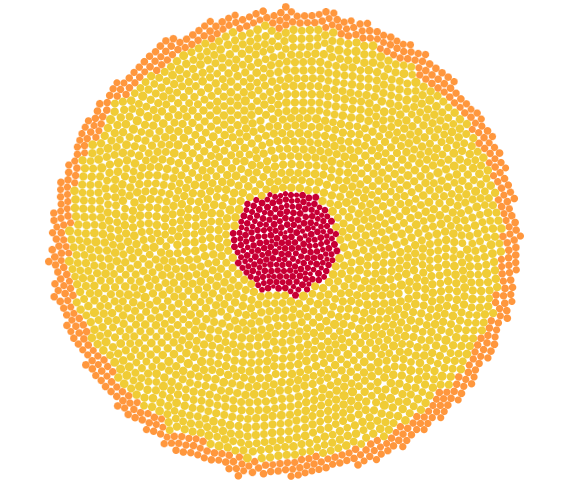
-
Educa-se: more data, more education
A dashboard created in R Shiny to monitor and analyze educational data of municipalities in Sergipe, Brazil. The aim of this platform is to provide quality data and analyses to guide mayors in their local educational policies. It was developed as part of my work at the Federal Senate of Brazil during 2022.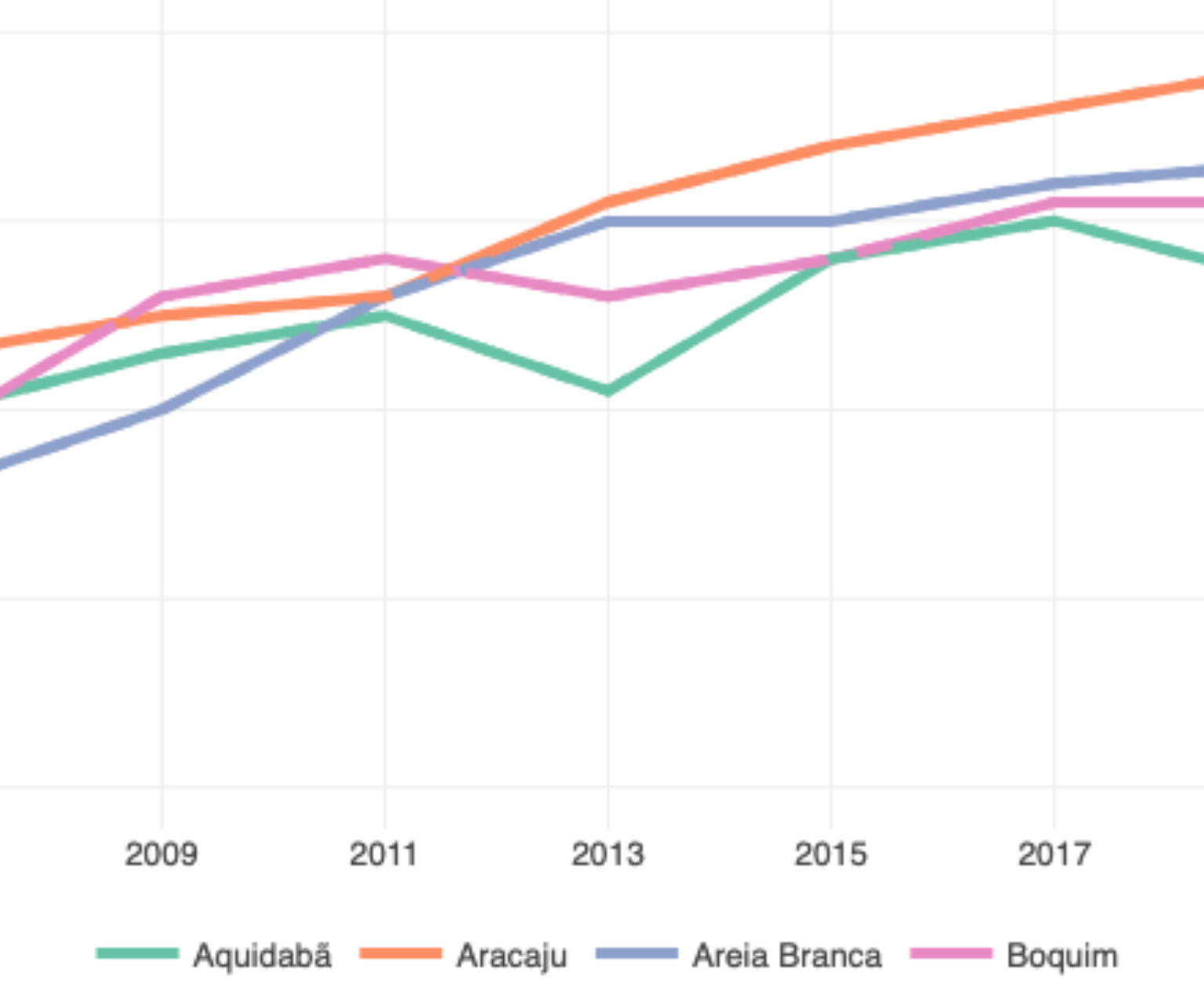
-
Predicting the price direction of Petrobras stock - PETR4
In this project, I use Random Forest and AdaBoost models to predict if a stock price will increase or decrease in the next hour based on data of the last hour. It was presented as the final paper in the Specialization Course in Machine Learning at PUC Minas University, in 2022.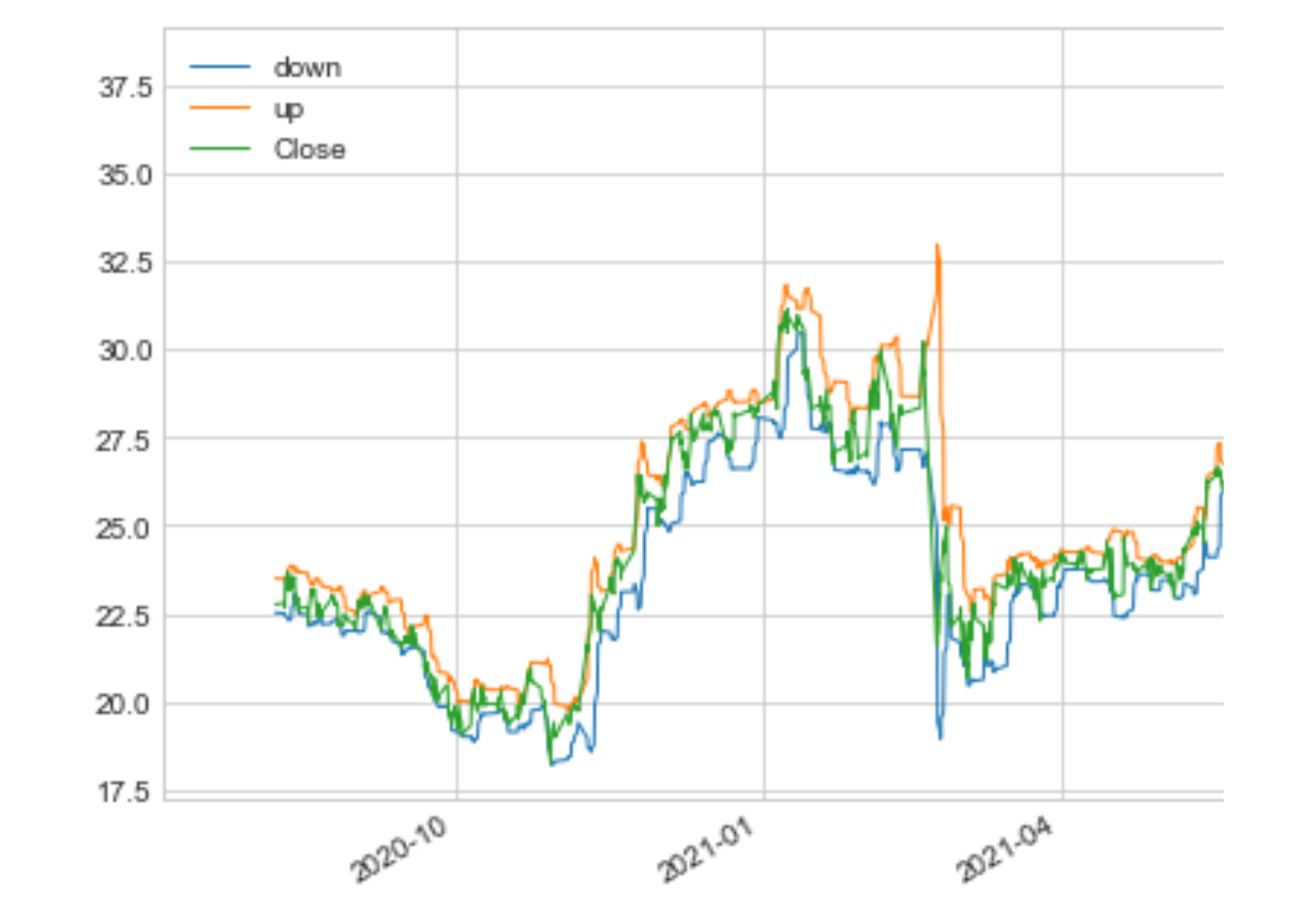
-
The Impact of Institutional Arrangements on Student Achievement: Evidence from Brazil
This project was actually my Master thesis presented at the Hertie School in 2021 and tutored by Professor Christian Traxler. Two causal inference methodologies - fixed-effects and synthetic control method - were employed to examine the effect of the educational reforms implemented in Ceará, Brazil.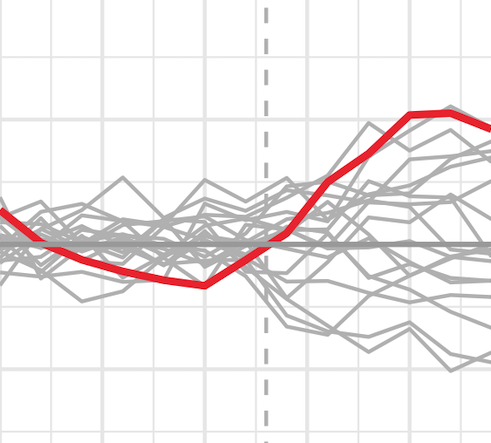
-
Predicting student loan default in Brazil
This project was presented in the Machine Learning Course at the Hertie School in 2021, tutored by Professor Slava Jankin and Hannah Bechara. It was developed in partnership with two other students*. Our goal was to employ machine learning algorithms to predict loan default probabilities in the context of a Brazilian student loan program called FIES. We employed 5 methods: logistic regression, decision tree, random forest, linear support vector classification, artificial neural networks - ANN, and an ensemble model. The ensemble model achieved the highest area under the curve (AUC) scores. We also discussed the ethical, social, and economic implications of the results obtained.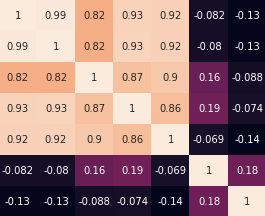
-
Alethea
Alethea's objective is to create a web application to aggregate data on fake news from fact checking Twitter accounts. The goal of the app is to automate the collection of information in one place helping people to be informed in a fast and reliable way.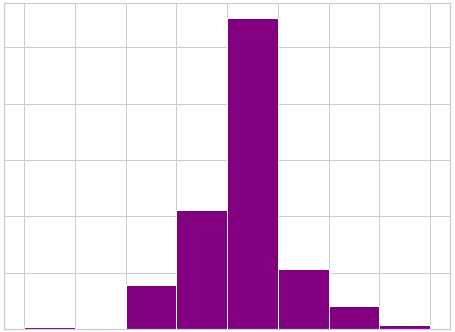
-
Can institutional arrangements improve student performance?
In 2007, a series of reforms were implemented in the education system in Ceará, Brazil. This research aims to explore data on the education quality index to find out if it suggests these reforms had an impact on student achievement. In order to do so, panel data is analyzed through spatial plots, time series and scatter plots.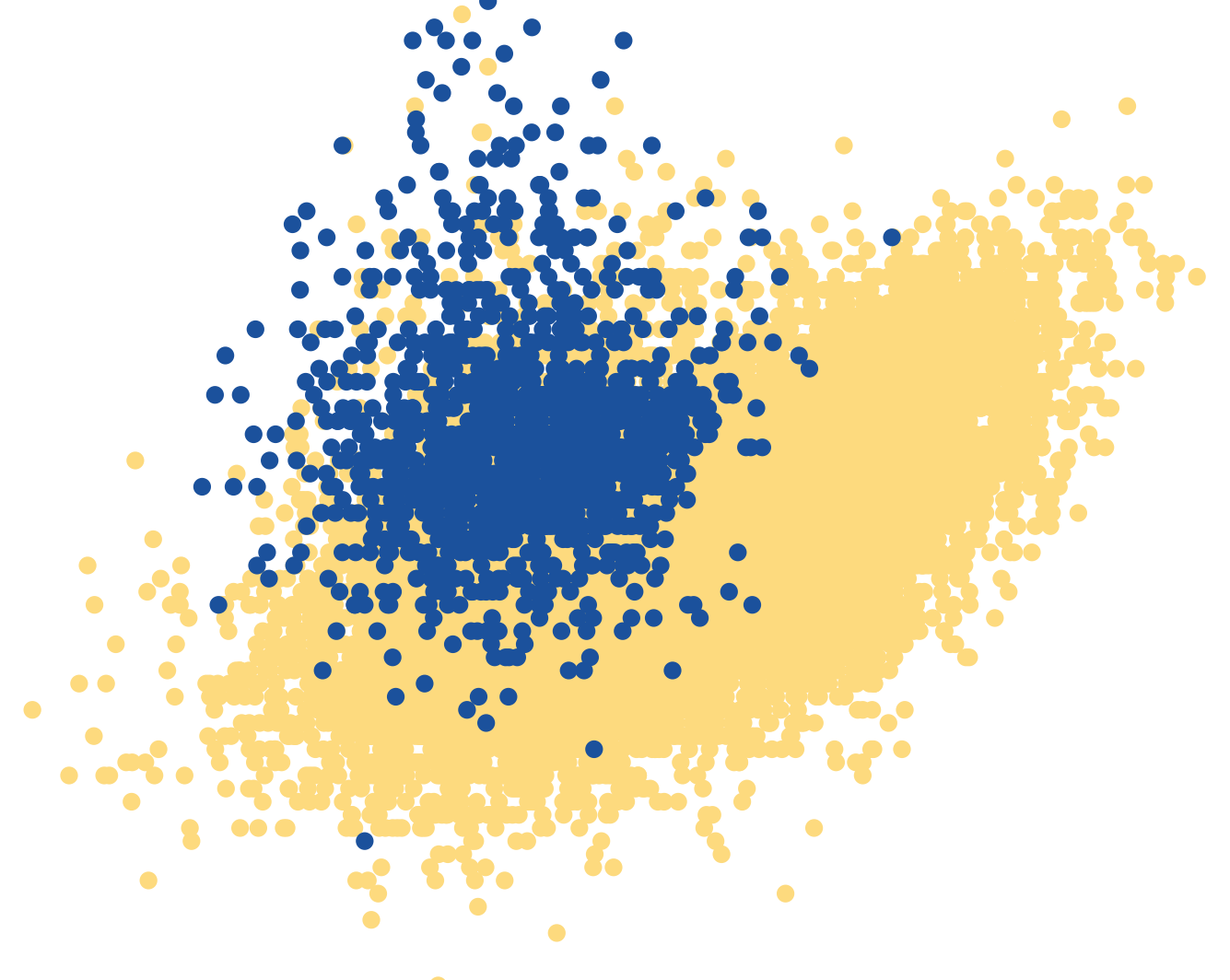
Publications
-
Better Incentives, Better Marks: A Synthetic Control Evaluation of the Educational Policies in Ceará, Brazil
Brazilian Political Science Review (2023)
-
Influence of public policies on the performance of IDEB in Pernambuco
E-Legis - Revista Eletrônica do Programa de Pós-Graduação da Câmara dos Deputados (2024)
